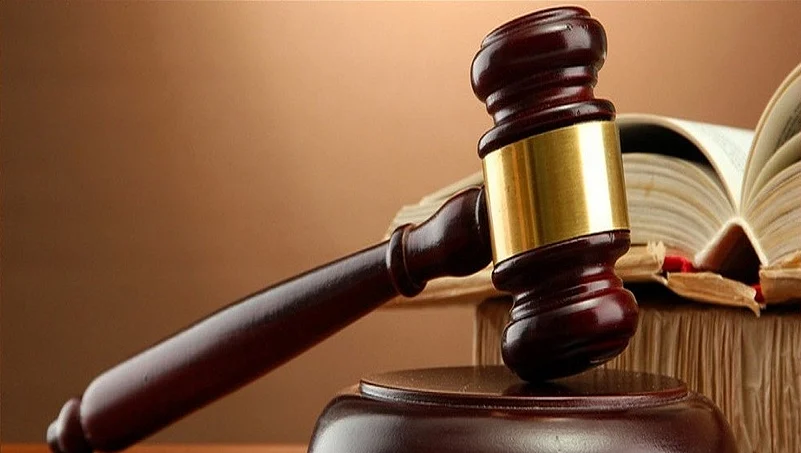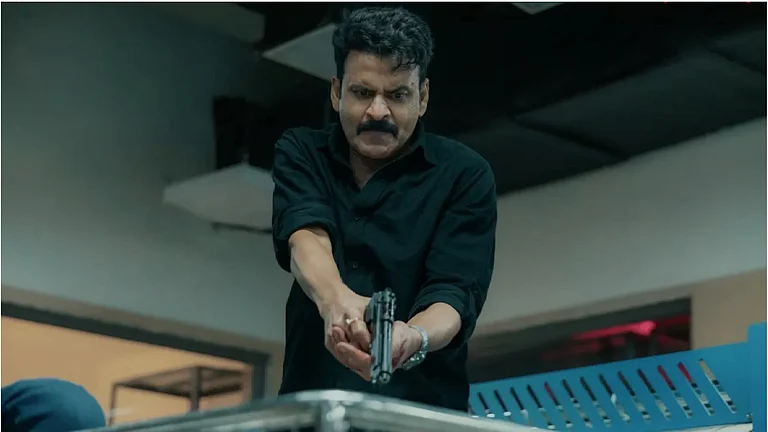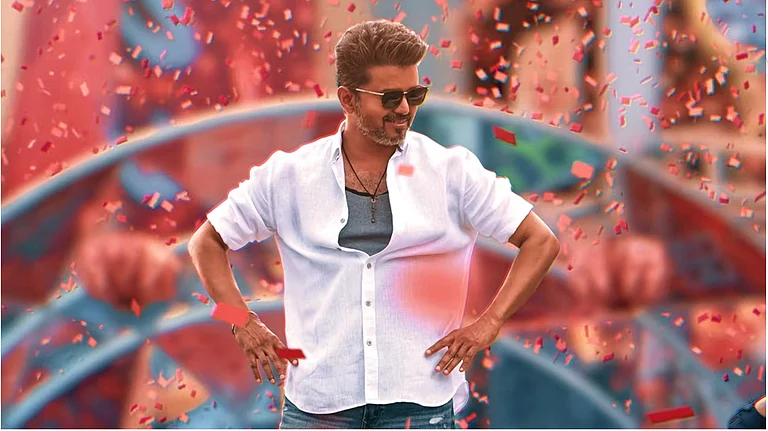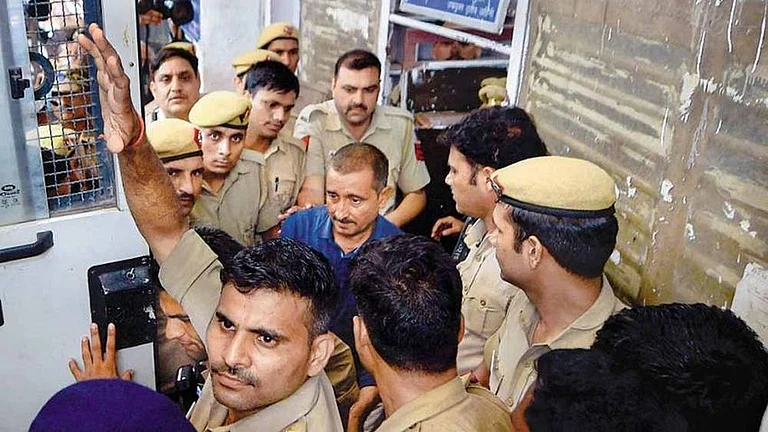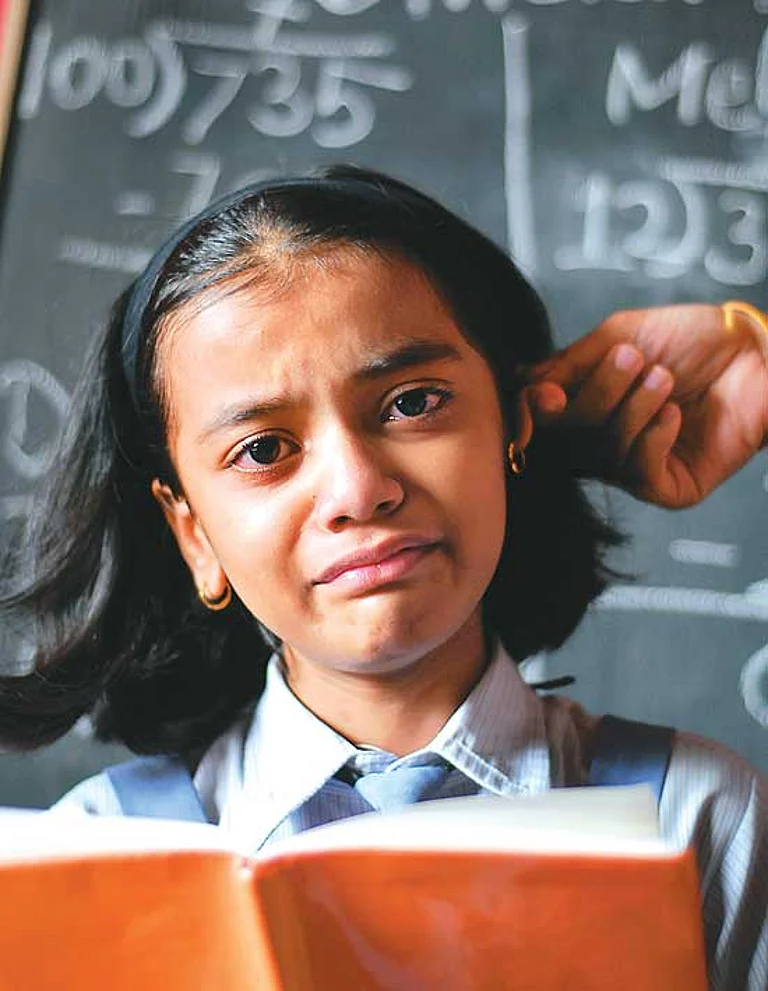The Chhattisgarh High Court has ruled that subjecting children to physical violence in schools, even in the name of discipline or education, is "cruel" and violates their right to life.
A division bench of Chief Justice Ramesh Sinha and Justice Ravindra Kumar Agrawal made the observation on July 29 while dismissing a petition by a teacher accused of abetting the suicide of a student.
The court said: "Imposition of corporal punishment on a child is not in consonance with his right to life guaranteed by Article 21 of the Constitution of India."
The case relates to the suicide of a Class VI girl student at Carmel Convent School in Ambikapur, Surguja District, in February. An FIR was lodged against Sister Mercy alias Elizabeth Jose, a teacher at the school, for allegedly abetting the suicide.
The HC dismissed Jose's petition seeking to quash the FIR and the chargesheet in the abetment of suicide case. "On a larger canvas right to life includes all that which gives meaning to life and makes it wholesome and worth living. It means something more than survival or animal existence. Right to life enshrined in Article 21 also embraces any aspect of life which makes it dignified," the high court said.
"Being small does not make a child a less human being than a grown up...It is cruel to subject the child to physical violence in school in the name of discipline or education. A child being a precious natural resource is to be nurtured and attended with tenderness and care and not with cruelty. Subjecting the child to corporal punishment for reforming him cannot be part of education," it stated.
The petitioner's lawyer argued that Jose had only admonished the student and taken her ID card as part of the school's disciplinary procedure. "The petitioner never had any intention to abet the suicide of the student. Police, without conducting any preliminary inquiry, registered an FIR against the petitioner based solely on the basis of the suicide note," Jose's counsel submitted.
Dismissing the petition, the court said: "The disputed questions of facts in the case cannot be adjudged and adjudicated at this stage while exercising powers under Section 528 of the BNSS (Bharatiya Nagarik Suraksha Sanhita) and only the prima facie prosecution case has to be looked into as it is. Evidence needs to be led to substantiate the defence of the accused."
The court concluded: "The court does not find any ground to quash the chargesheet and FIR against the petitioner."






